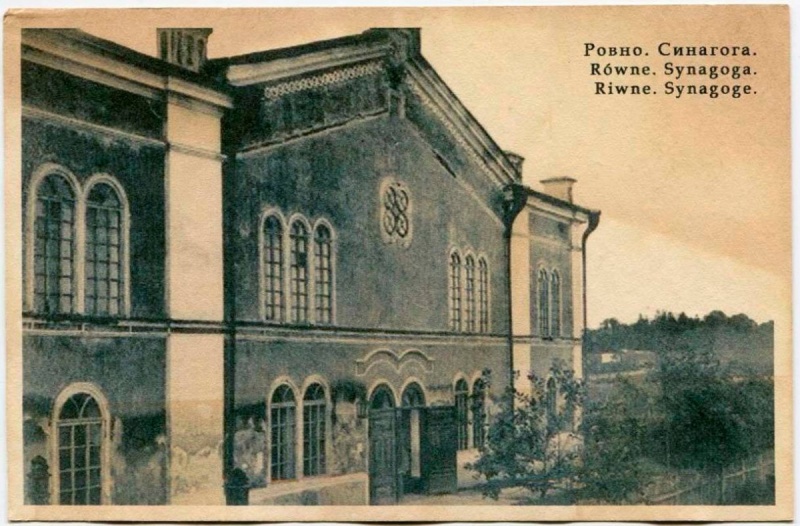Historical Memory in Ukraine. The Case of Rivne
Maksym Hon
Rivne State Humanities UniversityJuly 20, 2011 / 2.20 pm
Center for Urban History, Lviv
The Jewish History and Culture of East-Central Europe summer school hosted a lecture by Dr. Maksym Hon.
The democratization of the social and political life in Ukraine is accompanied by the gradual emergence of a new historical memory among its citizens. This new memory is the result of a deliberate policy, implemented by the state, and/or political elites. Thus, historical memory is a product of their answers to the dilemmas of actualizing the memory of certain events, or conscious forgetting.
The politics of memory in various regions of Ukraine exist in competition as to its content, which is especially salient in the various interpretations of the events of World War II. It is precisely this aspect that the speaker attempted to analyze on the basis of the memory politics in Rivne – a city that is almost monoethnic in its population, and that demonstrates high levels of national consciousness.
The analysis of the politics of memory as implemented by the regional elites, was undertaken within the framework of Ukrainian-Jewish-Polish history. The speaker analyzed the political symbolization of street names, memorial plaques, monuments erected after Ukraine’s independence, as well as the liquidated and new museums.
Maksym Moiseyovych Hon
has a Ph. D. in political sciences, teaches at the world history department, and is chair of political sciences at the Rivne State Humanities University. Dr. Hon has written several books on the history of interethnic (including Jewish-Ukrainian) relations in Western Ukraine, as well as a handbook in genocide studies in the first half of the twentieth century.
